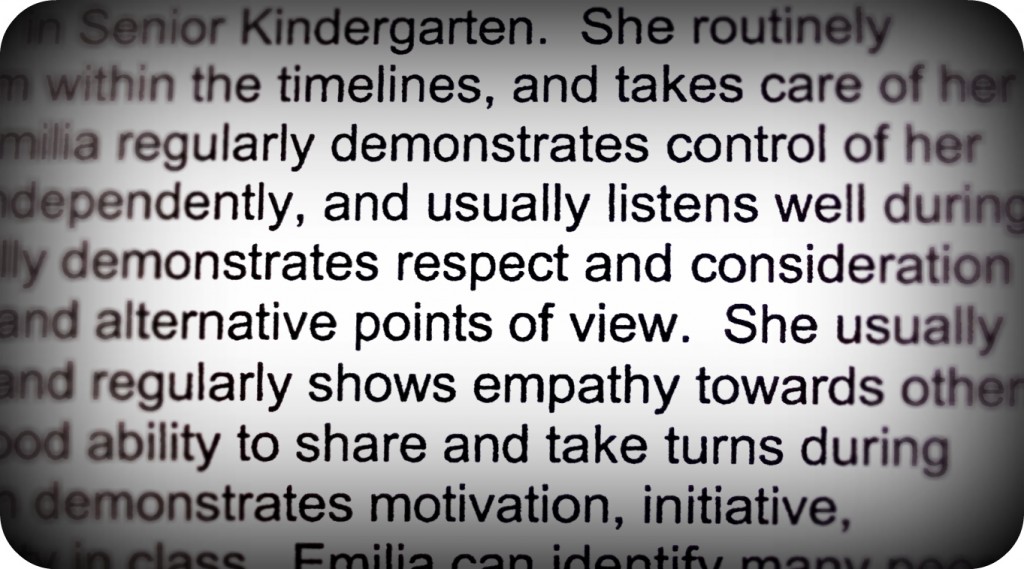Once upon a time, before I had children, I expected that when I did have children, they would be smart children, and that they would excel in everything that they did, and that this is what I would want for them – to be excellent – and this is what would make me happy, as a parent. I expected a lot of things, before I had children, about what it would be like when I did have children. Some of these things were reasonable. Some were not.
Now, of course, I do have children, and they are smart children, very smart children – too smart, maybe; be careful what you wish for – and they do excel, but it is not, as it turns out, their cleverness that makes me happy, and I no longer wish that they excel in the conventional sense of doing better than their peers in all those things that matter on college admission forms. I wish, instead, that they be excellent in the ancient Greek sense of arete, ἀρετή, which is, broadly speaking, to be excellent in the fulfillment of one’s human purpose, that is, to be the very best you that you can be. It’s sometimes translated as virtue, which captures something of the spirit of the word: arete is excellence in living humanly, humanely; using, to the very best of our abilities, the things that make us human: our reason, our spirit, our heart. Bill and Ted were onto something, in other words, when they said, be excellent to each other. The best kind of excellence is the kind that is rooted in our humanity. The best kind of excellence is the kind that makes us good people.
All of which is a very pedantic way of saying: I know, now, that I want my children to be good people. And when Emilia brought home her kindergarten report card the other day, and it was filled with words like empathy, consideration, respect, kindness, and is willing to consider other opinions and alternative points of view, my heart burst with pride.
She is excelling. And I am proud.




